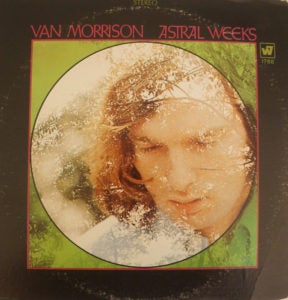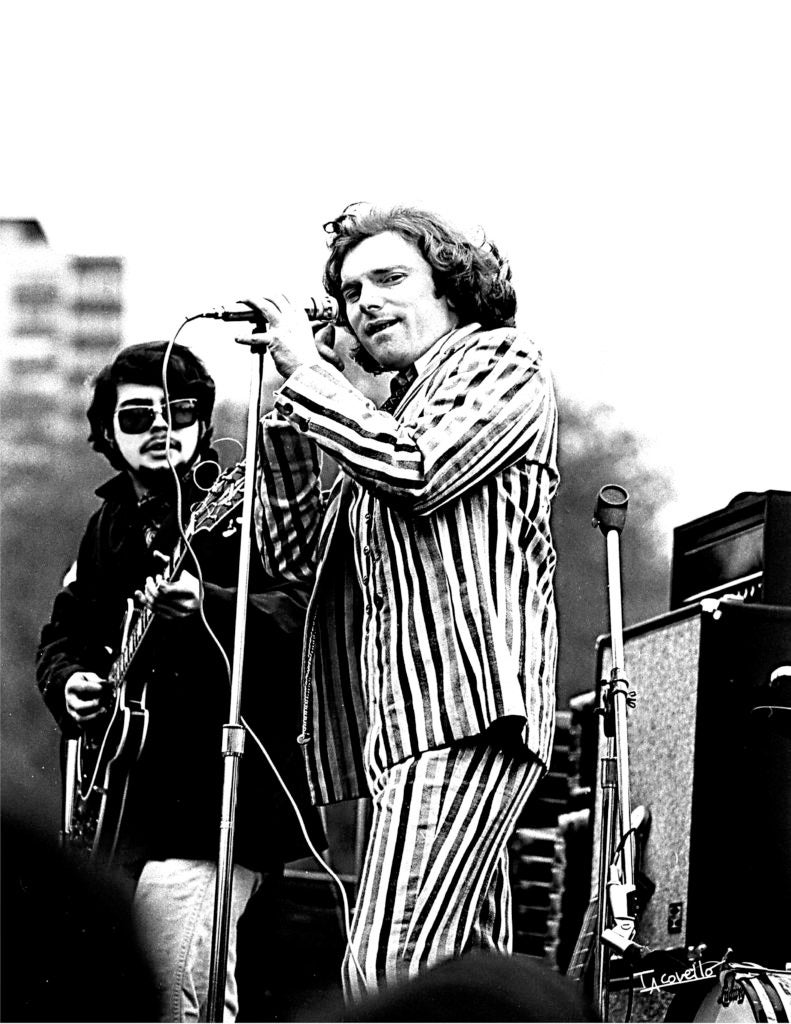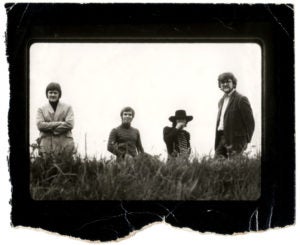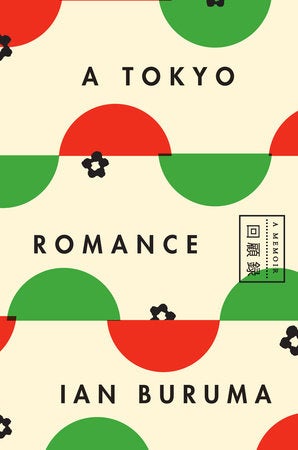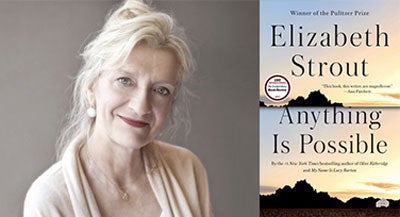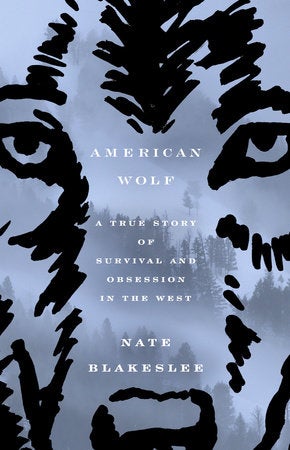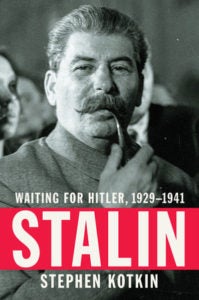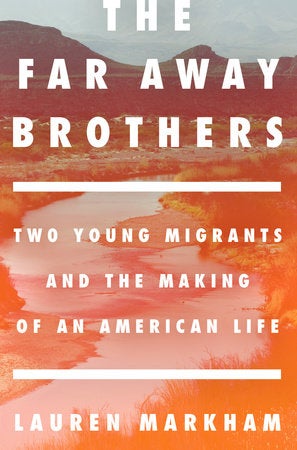Psychedelic Trips with Author Michael Pollan
June 12, 2018
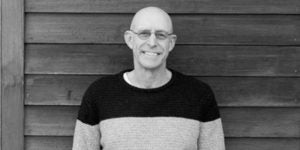 When Penguin Press author Michael Pollan set out to research how LSD and psilocybin (the active ingredient in magic mushrooms) are being used to provide relief to people suffering from difficult-to-treat conditions such as depression, addiction and anxiety, he did not intend to write what is undoubtedly his most personal book, HOW TO CHANGE YOUR MIND: What the New Science of Psychedelics Teaches Us About Consciousness, Dying, Addiction, Depression, and Transcendence, a #1 New York Times bestseller.
When Penguin Press author Michael Pollan set out to research how LSD and psilocybin (the active ingredient in magic mushrooms) are being used to provide relief to people suffering from difficult-to-treat conditions such as depression, addiction and anxiety, he did not intend to write what is undoubtedly his most personal book, HOW TO CHANGE YOUR MIND: What the New Science of Psychedelics Teaches Us About Consciousness, Dying, Addiction, Depression, and Transcendence, a #1 New York Times bestseller.
Joana Avillez and Molly Young Celebrate NYC in D C-T! Catch Them at 5/7 Event
May 4, 2018
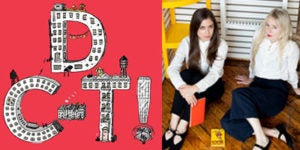 Illustrator Joana Avillez and writer Molly Young have joined forces to create a charming, illustrated ode to NYC: D C-T! (“The City!”), published on May 1 by Penguin Press. Combining the puzzle language first created by William Steig (author of CDB! and creator of Shrek) with humorous observations of their beloved city, D C-T! is endlessly entertaining and a “breezy charmer” (Publishers Weekly).
Illustrator Joana Avillez and writer Molly Young have joined forces to create a charming, illustrated ode to NYC: D C-T! (“The City!”), published on May 1 by Penguin Press. Combining the puzzle language first created by William Steig (author of CDB! and creator of Shrek) with humorous observations of their beloved city, D C-T! is endlessly entertaining and a “breezy charmer” (Publishers Weekly).
Maira Kalman Celebrates CAKE: View Her Art, Watch Her Video
April 24, 2018
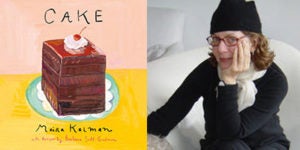 With great style, wit, and joy, Maira Kalman and Barbara Scott-Goodman have collaborated to celebrate their favorite dessert in CAKE, published by Penguin Press. Kalman’s enchanting illustrations, in her inimitable style, and Scott-Goodman’s mouthwatering recipes complement each other perfectly, making CAKE a whimsical celebration of a timeless dessert.
With great style, wit, and joy, Maira Kalman and Barbara Scott-Goodman have collaborated to celebrate their favorite dessert in CAKE, published by Penguin Press. Kalman’s enchanting illustrations, in her inimitable style, and Scott-Goodman’s mouthwatering recipes complement each other perfectly, making CAKE a whimsical celebration of a timeless dessert.
Batuman, Greengrass, Shamsie are Women’s Prize for Fiction Finalists
April 23, 2018
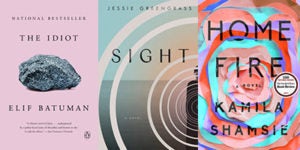 The Women’s Prize for Fiction has announced its 2018 shortlist. This annual award, now in its 23rd year, celebrates excellence, originality and accessibility in writing by women throughout the world. Three books published by Penguin Random House in the U.S. and Canada are on this year’s Women’s Prize shortlist:
The Women’s Prize for Fiction has announced its 2018 shortlist. This annual award, now in its 23rd year, celebrates excellence, originality and accessibility in writing by women throughout the world. Three books published by Penguin Random House in the U.S. and Canada are on this year’s Women’s Prize shortlist:
Our 5 L.A. Times Book Prize Winners
April 23, 2018
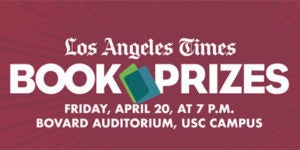 The 39th annual Los Angeles Times Book Prizes were announced at the L.A. Times Festival of Books this past weekend at the University of Southern California, and among the award winners for books published in 2017 were five titles from Penguin Random House imprints in the following categories:
The 39th annual Los Angeles Times Book Prizes were announced at the L.A. Times Festival of Books this past weekend at the University of Southern California, and among the award winners for books published in 2017 were five titles from Penguin Random House imprints in the following categories:
Penguin Press Author Stephen Kotkin Wins the Mark Lynton History Prize for STALIN
March 30, 2018
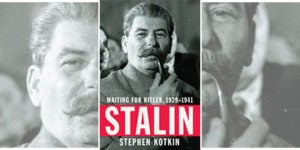 Columbia Journalism School and the Nieman Foundation for Journalism at Harvard announced the winners of the 2018 J. Anthony Lukas Prize Project Awards, including the Mark Lynton History Prize for Stephen Kotkin’s STALIN: Waiting for Hitler, 1929-1941, published by Penguin Press. Established in 1998, the Lukas Prize Project, marking its 20th anniversary year, honors the best in American nonfiction writing. The late Mark Lynton was an historian and senior executive at the firm Hunter Douglas in the Netherlands. Mr. Kotkin will receive his $10,000 prize at a the Lukas Prize Project Awards ceremony on May 10 at the Graduate School of Journalism at Columbia University.
Columbia Journalism School and the Nieman Foundation for Journalism at Harvard announced the winners of the 2018 J. Anthony Lukas Prize Project Awards, including the Mark Lynton History Prize for Stephen Kotkin’s STALIN: Waiting for Hitler, 1929-1941, published by Penguin Press. Established in 1998, the Lukas Prize Project, marking its 20th anniversary year, honors the best in American nonfiction writing. The late Mark Lynton was an historian and senior executive at the firm Hunter Douglas in the Netherlands. Mr. Kotkin will receive his $10,000 prize at a the Lukas Prize Project Awards ceremony on May 10 at the Graduate School of Journalism at Columbia University.
Ryan Walsh Uncovers the Mysteries Behind the Birth of Van Morrison’s Masterpiece in 1968
March 9, 2018
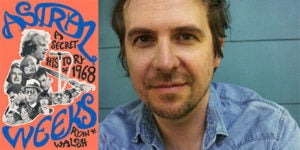 Van Morrison’s Astral Weeks is an iconic rock album shrouded in legend that has touched generations of listeners (the record topping many personal “Desert Island” music lists) and influenced everyone from Bruce Springsteen to Martin Scorsese. ASTRAL WEEKS: A Secret History of 1968 (Penguin Press), the first book by musician/ journalist Ryan H. Walsh, unearths the album’s fascinating backstory and takes a mind-expanding deep dive into a lost chapter of Boston, circa 1968, featuring both the famous and the forgotten, including Van Morrison himself, folkie-turned-cult-leader Mel Lyman, Timothy Leary, the Velvet Underground, Andy Warhol, Peter Wolf, and James Brown.
Van Morrison’s Astral Weeks is an iconic rock album shrouded in legend that has touched generations of listeners (the record topping many personal “Desert Island” music lists) and influenced everyone from Bruce Springsteen to Martin Scorsese. ASTRAL WEEKS: A Secret History of 1968 (Penguin Press), the first book by musician/ journalist Ryan H. Walsh, unearths the album’s fascinating backstory and takes a mind-expanding deep dive into a lost chapter of Boston, circa 1968, featuring both the famous and the forgotten, including Van Morrison himself, folkie-turned-cult-leader Mel Lyman, Timothy Leary, the Velvet Underground, Andy Warhol, Peter Wolf, and James Brown.
Featured Author Event: Ian Buruma (NYC)
March 5, 2018
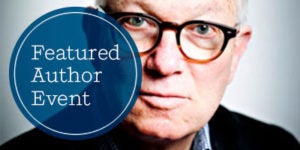 Author Ian Buruma will be presenting his latest book, A TOKYO ROMANCE: A Memoir (Penguin Press) on Thursday, March 8 at 7:00 pm at McNally Jackson Books in NYC. Buruma will be in conversation with Darryl Pinckney, followed by a book signing.
Author Ian Buruma will be presenting his latest book, A TOKYO ROMANCE: A Memoir (Penguin Press) on Thursday, March 8 at 7:00 pm at McNally Jackson Books in NYC. Buruma will be in conversation with Darryl Pinckney, followed by a book signing.
Elizabeth Strout Wins The Story Prize for ANYTHING IS POSSIBLE
March 1, 2018
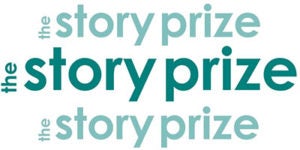 Elizabeth Strout has won The Story Prize for ANYTHING IS POSSIBLE (Random House), receiving a $20,000 award and an engraved silver bowl at the 14th annual Story Prize event, which took place on Wednesday, February 28, at The New School in Manhattan. The Story Prize judges offered high praise for Strout and her latest collection of short stories: “The intelligent prose is seemingly humble but elegant in its subtlety and enchanting in its overall effect. The blade of her wit is so sharp, you barely feel it until after the slice. Strout is a specialist in the reticence of people, and her characters are compelling because of the complexity of their internal lives, and the clarity with which that complexity is depicted. It is a sublime pleasure to read her work.”
Elizabeth Strout has won The Story Prize for ANYTHING IS POSSIBLE (Random House), receiving a $20,000 award and an engraved silver bowl at the 14th annual Story Prize event, which took place on Wednesday, February 28, at The New School in Manhattan. The Story Prize judges offered high praise for Strout and her latest collection of short stories: “The intelligent prose is seemingly humble but elegant in its subtlety and enchanting in its overall effect. The blade of her wit is so sharp, you barely feel it until after the slice. Strout is a specialist in the reticence of people, and her characters are compelling because of the complexity of their internal lives, and the clarity with which that complexity is depicted. It is a sublime pleasure to read her work.”
Our Three Lukas Prize Shortlist Authors
February 23, 2018
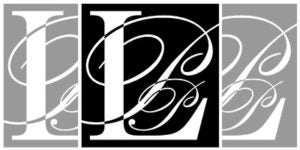 Columbia Journalism School and the Nieman Foundation for Journalism at Harvard have announced The J. Anthony Lukas Prizes shortlist, honoring “the best in American nonfiction writing” in 2017 on history and topics of American political or social concern. The judges selected three of our 2017 titles as finalists in two of the three categories, from more than 350 submissions:
Columbia Journalism School and the Nieman Foundation for Journalism at Harvard have announced The J. Anthony Lukas Prizes shortlist, honoring “the best in American nonfiction writing” in 2017 on history and topics of American political or social concern. The judges selected three of our 2017 titles as finalists in two of the three categories, from more than 350 submissions:

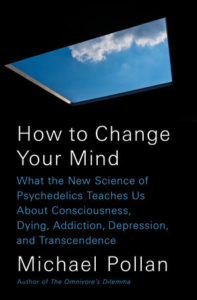
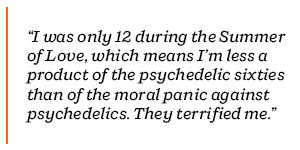
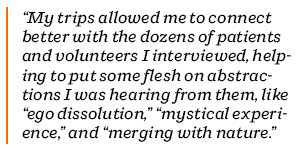


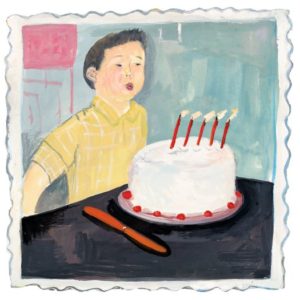

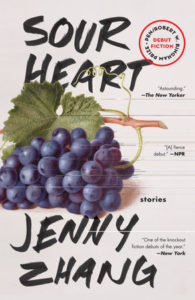
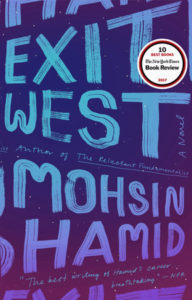 Mohsin Hamid,
Mohsin Hamid, 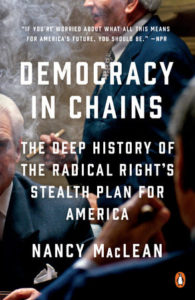
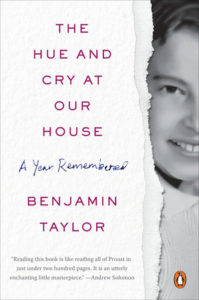
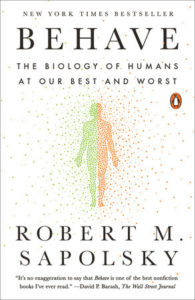 Congratulations to our award-winning authors, their editors and publishers.
To view the complete list of this year’s L.A. Times Book Prize winners, click
Congratulations to our award-winning authors, their editors and publishers.
To view the complete list of this year’s L.A. Times Book Prize winners, click 